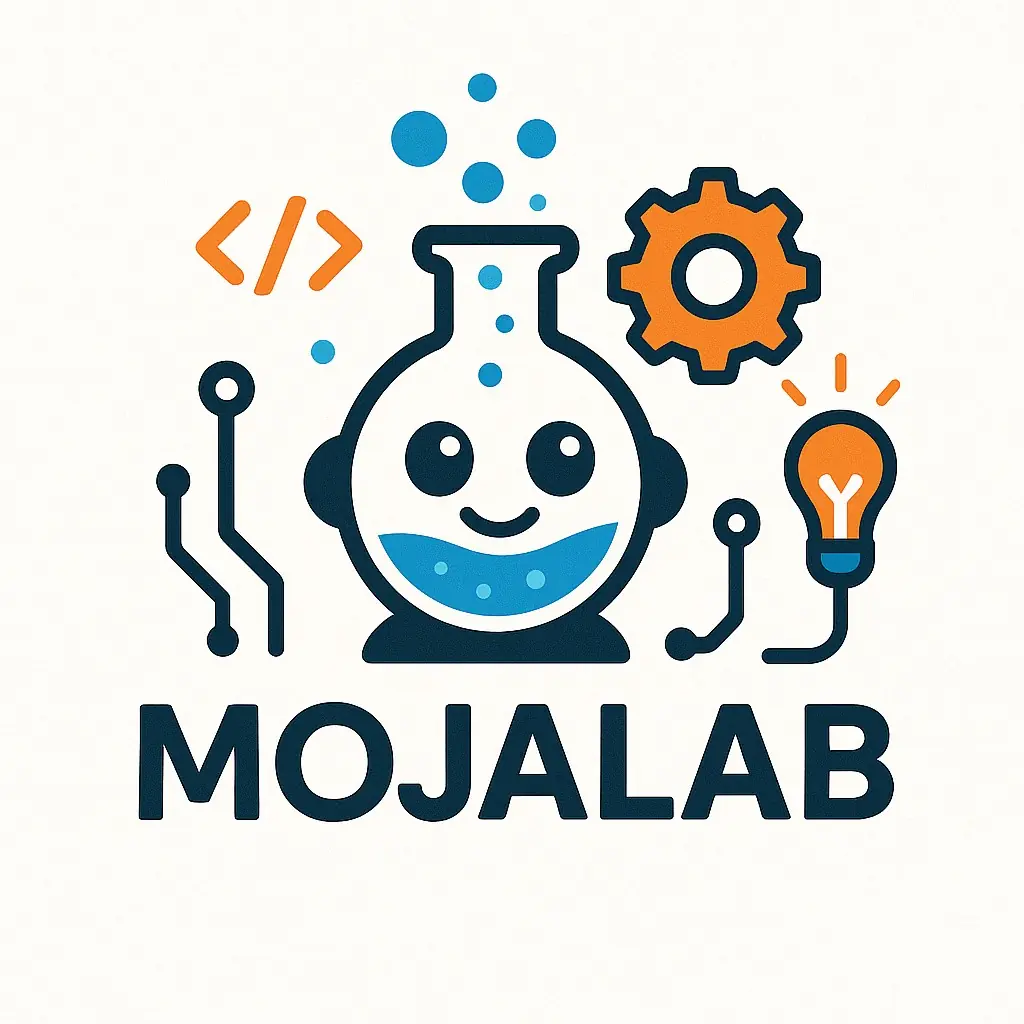Analyze any web page and get AI-powered suggestions for JSON-LD structured data markup. Generates schema.org markup for websites, breadcrumbs, organizations, and content types to improve SEO and search visibility.
Analysis Results
Generated JSON-LD Schema
What is JSON-LD Schema Markup?
JSON-LD (JavaScript Object Notation for Linked Data) is a structured data format that helps search engines understand the content and context of your web pages. It uses the standardized vocabulary from Schema.org to describe entities like businesses, products, events, articles, and their relationships.
Unlike other structured data formats (Microdata or RDFa), JSON-LD is embedded as a separate script block in your HTML, making it easier to implement and maintain without cluttering your page markup.
Why JSON-LD Schema Markup is Essential
1. Enhanced Search Results (Rich Snippets)
Schema markup enables rich snippets that make your search results more visually appealing and informative:
- Star ratings and reviews for products and services
- Business information (hours, location, contact details)
- Event details (dates, venues, ticket prices)
- Recipe information (cooking time, ingredients, nutrition)
- FAQ sections directly in search results
- Breadcrumb navigation in search listings
2. Improved Search Engine Understanding
Search engines like Google, Bing, and others use structured data to:
- Better understand your content's meaning and context
- Categorize your pages more accurately
- Connect related information across your site
- Understand relationships between entities (author, organization, products)
3. Voice Search Optimization
As voice search grows, structured data becomes crucial for:
- Answering voice queries with precise information
- Providing context for AI assistants (Google Assistant, Alexa, Siri)
- Enabling featured snippets that voice assistants read aloud
4. Knowledge Graph Integration
Schema markup helps search engines:
- Include your business in knowledge panels
- Connect your content to broader knowledge graphs
- Display comprehensive information cards for your organization
Common Schema Types and Use Cases
Essential Website Schema
- WebSite: Defines your site's basic information and search functionality
- WebPage: Describes individual pages and their content
- Organization: Details about your business, including contact info and social profiles
- BreadcrumbList: Navigation structure for better user experience
Content-Specific Schema
- Article/BlogPosting: For blog posts and news articles
- Product/Service: For e-commerce and service descriptions
- LocalBusiness: For local businesses with physical locations
- Event: For concerts, conferences, and other events
- FAQ: For frequently asked questions sections
- HowTo: For step-by-step guides and tutorials
Business Impact
SEO Benefits
- Higher click-through rates: Rich snippets attract more clicks
- Better search rankings: Search engines favor well-structured content
- Competitive advantage: Stand out from competitors without structured data
- Featured snippet opportunities: Increase chances of position zero results
User Experience
- Faster information discovery: Users find relevant details immediately
- Improved navigation: Breadcrumbs and site structure are clearer
- Enhanced credibility: Professional appearance in search results
- Mobile optimization: Rich results work especially well on mobile devices
Implementation Best Practices
1. Start with Essential Types
Begin with fundamental schema types:
{
"@context": "https://schema.org",
"@type": "Organization",
"name": "Your Company Name",
"url": "https://yoursite.com",
"logo": "https://yoursite.com/logo.png"
}
2. Use Multiple Schema Types
Combine different types for comprehensive coverage:
- Organization + WebSite + WebPage for complete site structure
- Article + Person + Organization for blog posts
- Product + Organization + BreadcrumbList for e-commerce
3. Maintain Consistency
- Use consistent naming and URLs across all schema markup
- Ensure information matches what's visible on the page
- Keep schema updated when page content changes
4. Validate Your Markup
- Use Google's Rich Results Test tool
- Check for errors in Google Search Console
- Validate JSON-LD syntax and schema.org compliance
Common Mistakes to Avoid
- Invisible content: Don't include information not visible on the page
- Inconsistent data: Ensure schema matches actual page content
- Missing required properties: Include all mandatory fields for each schema type
- Duplicate markup: Avoid conflicting structured data formats
- Invalid URLs: Use absolute, accessible URLs in schema markup
Getting Started
- Audit your current pages: Identify what content types you have
- Choose relevant schema types: Select the most appropriate markup for each page
- Implement gradually: Start with your most important pages
- Monitor performance: Track improvements in search results and traffic
- Iterate and expand: Add more schema types as you see results
JSON-LD schema markup is not just a technical SEO tactic—it's a fundamental way to communicate with search engines and provide better user experiences. As search continues to evolve toward more semantic understanding and AI-driven results, structured data becomes increasingly essential for maintaining visibility and relevance in search results.
